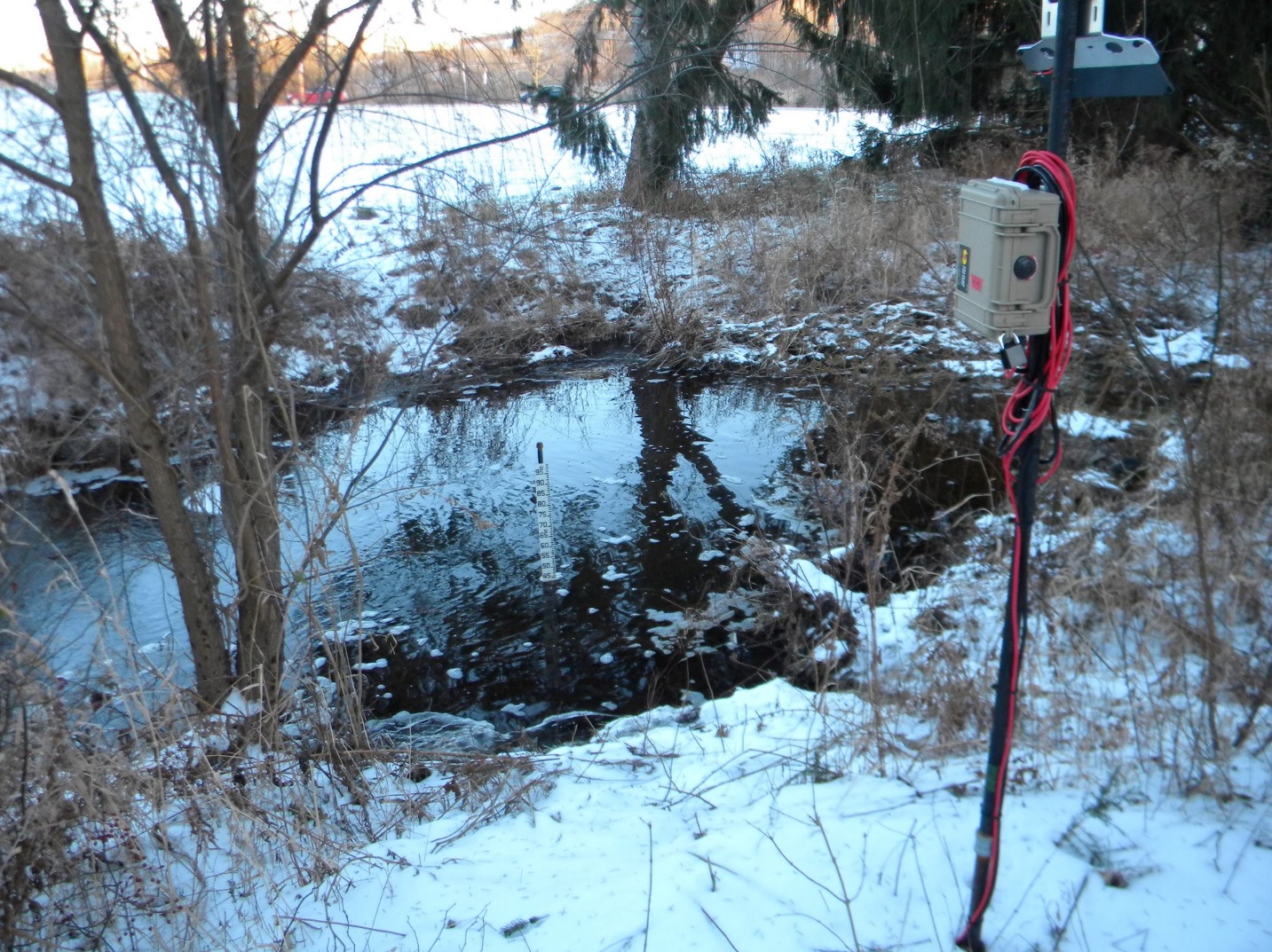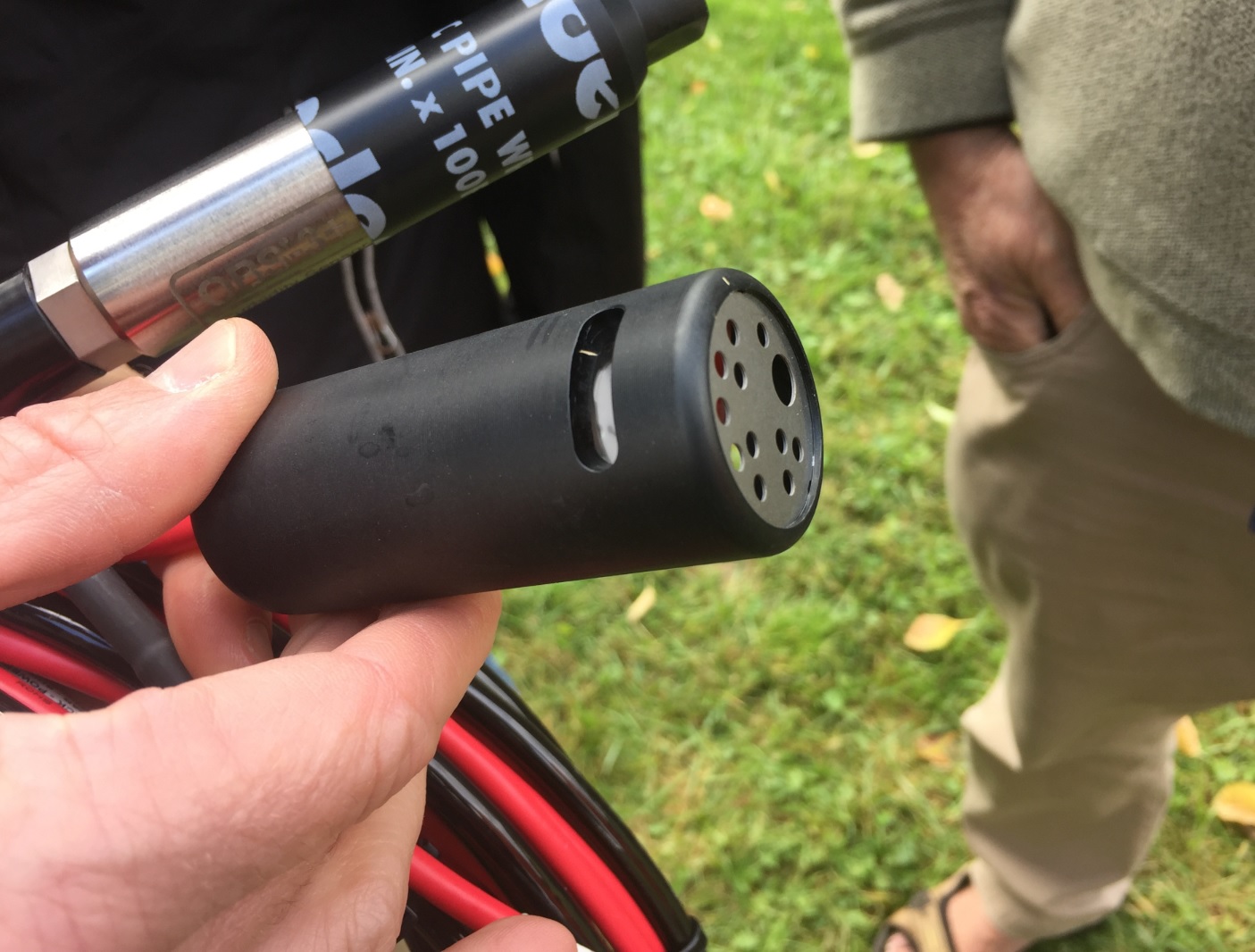The WRWMG’s Water Quality Sampling Program
Through its water quality sampling program, the WRWMG provided the State of New Jersey a cost effective, certified sampling program designed to obtain scientific data to allow for more informed decisions to be made regarding environmental practices, watershed management, and land use planning strategies.
The most notable historical impact of the WRWMG's sampling program, is that the collected data was used by NJDEP to remove (delist) the Wallkill River from the 2004 Integrated List of Impaired Surface Waters for Total Phosphorus and prevent the need for the development of a Total Maximum Daily Load (TMDL) to address this parameter. Additionally, the WRWMG's data demonstrated that the Wallkill River was not impaired for Total Dissolved Solids, as was previously suspected, thereby eliminating the need to establish a TMDL to address this parameter. At the same time, data collected by the WRWMG for Black Creek was used by NJDEP to show that the waterway is impaired for Total Phosphorus, and as a result, helped support the development of a TMDL to address it. Overall, the data collected by the WRWMG's sampling program helped provide scientifically based evidence to allow for more informed policy making decisions.
Currently, the WRWMG is building off of its earlier sampling success and has now launched a citizen science monitoring program with Sussex County Community College students. Stroud Water Research Center provided a water quality monitoring sensor that was installed on the campus to track water temperature, turbidity, conductivity, and depth measurements of the Paulins Kill River. The students are helping to clean and maintain the sensors as part of a hands-on learning opportunity that will benefit them as they enter the environmental field after college.

